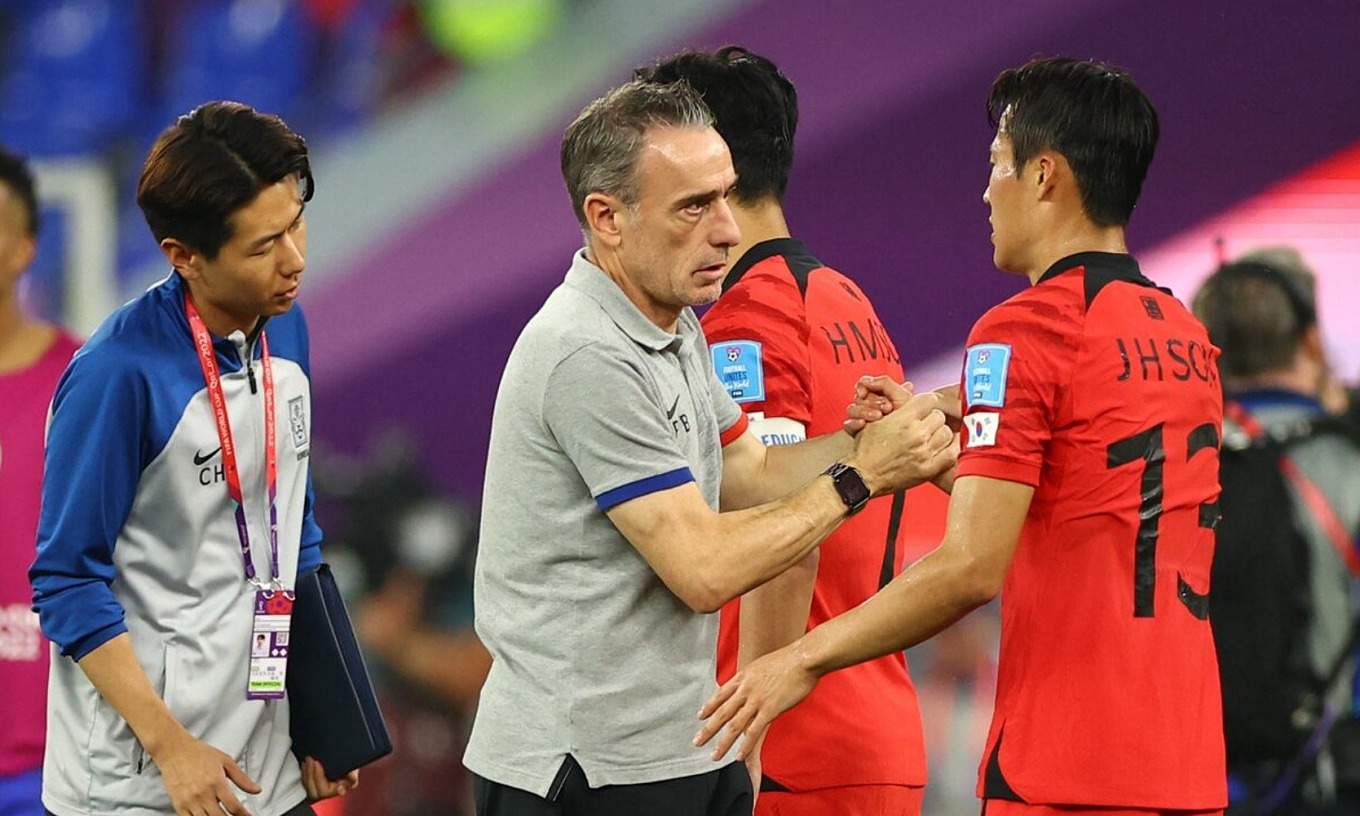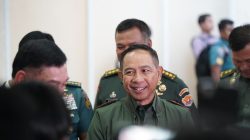Challenges in Attracting Top Coaches for the Chinese National Football Team
The Chinese national football team continues to face significant difficulties in attracting high-quality coaches, primarily due to limited financial resources and a lack of global appeal. Despite these challenges, the situation is viewed as reasonable by some within the country’s media.
Recently, the team parted ways with coach Branko Ivankovic after their elimination in the third qualifying round of the 2026 World Cup. In response, the Chinese Football Association (CFA) quickly compiled a list of potential candidates and appointed Dejan Djurjevic, the U20 team coach, as interim coach for the 2025 East Asian Cup in South Korea.
A local newspaper, Tianjin Daily, highlighted the struggles the national team faces in securing a coach who meets the expectations of fans. The publication noted that the team’s foundation is weak, and it cannot afford to pay high salaries, while the pressure for performance remains immense. It also pointed out that world-class coaches have little chance of connecting with China from the start.
The CFA’s budget for coaching staff ranges between $1.2 million to $1.8 million per year. This pales in comparison to the peak salary paid to Italian coach Marcello Lippi, who earned $28 million annually during his tenure. Lippi led the team to the 2006 World Cup victory but left China in 2019.
Since Lippi’s departure, China has relied on less high-profile coaches, including domestic figures like Li Tie and Li Xiaopeng, as well as foreign coaches such as Serbia’s Aleksandar Jankovic and Croatia’s Branko Ivankovic. The CFA is expected to finalize the new coaching staff by September.
Potential candidates for the role include Portuguese coach Paulo Bento, who has managed both Portugal and South Korea; Felix Sanchez, who guided Qatar to the 2022 World Cup and is currently with Al Sadd; and Shin Tae-yong, the former Indonesia coach. Bento was previously contacted by the CFA before Ivankovic’s appointment. At that time, Sanchez was coaching Ecuador, and his high salary made him less of an option for China.
Shin Tae-yong, despite rumors of being appointed after Ivankovic’s exit, faced rejection from the Chinese public. Speculation around his appointment gradually faded.
Tianjin Daily noted that the new coach will certainly have shortcomings. The question is whether those shortcomings are significant tactical errors like Ivankovic’s, lack of experience like that of the interim coach Djurjevic, or biases like those associated with Shin Tae-yong.
In the upcoming 2025 East Asian Cup, China will compete against South Korea, Japan, and Hong Kong. The team’s opening match on July 7 saw them lose 0-3 to South Korea at the Yongin Mireu Stadium. They will face Japan on July 12 and Hong Kong on July 15.
Financial Constraints and Global Appeal
One of the main reasons why China struggles to attract top-tier coaches is its limited financial capacity. While the CFA has increased its investment in football over the years, the budgets for coaching staff remain significantly lower compared to other nations. This makes it difficult to compete with offers from European leagues or even regional rivals like Qatar and Japan, which can offer more lucrative contracts.
Another factor is the lack of global appeal. Many top coaches prefer to work in countries with stronger football cultures, better infrastructure, and higher chances of success in international competitions. China’s recent performances in major tournaments have not been strong enough to attract the attention of elite coaches.
A Shift in Strategy
Despite these challenges, the CFA has been exploring different strategies to improve the quality of coaching. The appointment of Dejan Djurjevic as an interim coach indicates a shift towards developing talent from within. However, this approach has its limitations, especially when facing teams with more experienced and well-funded coaching staff.
The search for a permanent coach has brought several names into the spotlight. Paulo Bento, for instance, has a proven track record in managing national teams and could bring valuable experience to the Chinese squad. Felix Sanchez, who led Qatar to the 2022 World Cup, is another strong candidate, though his high salary remains a concern. Shin Tae-yong, while controversial, has demonstrated success in guiding Indonesia to the 2023 Asian Cup.
Looking Ahead
As the 2025 East Asian Cup approaches, the Chinese national team must navigate these challenges while striving to improve its performance on the field. The selection of a new coach will be critical in determining the team’s future direction. Whether the CFA can find a coach who balances experience, affordability, and effectiveness remains to be seen.







